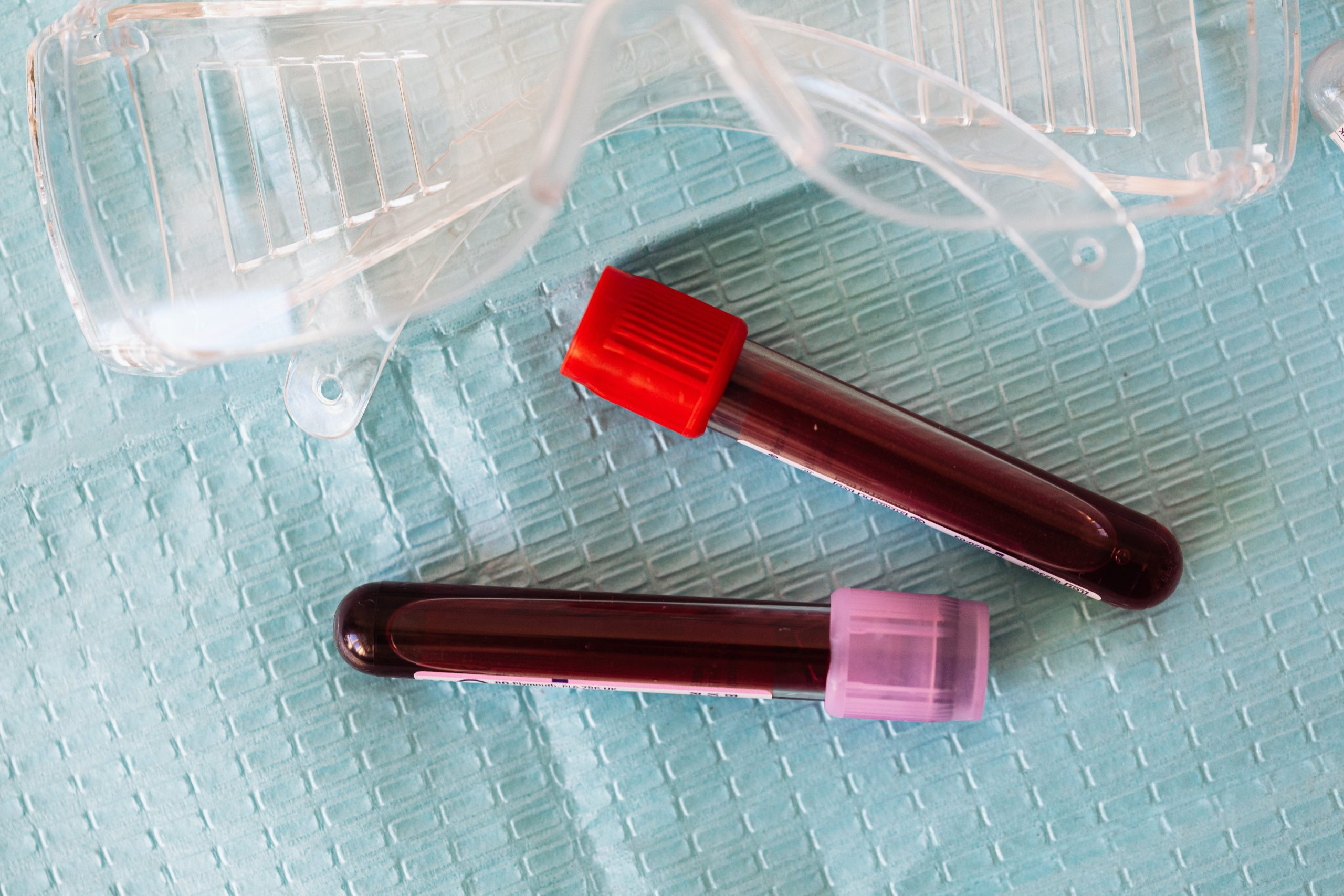Recent research suggests that a blood test capable of detecting alterations in specific proteins could potentially forecast the onset of dementia up to 15 years before its clinical diagnosis.
A group of scientists has pinpointed 11 proteins deemed highly precise, with an accuracy rate exceeding 90%, in predicting the likelihood of future dementia development.
These proteins, present in the liquid component of blood, known as plasma, serve as indicators for the biological transformations characteristic of individuals affected by dementia or Alzheimer’s disease.
Among these proteins, GFAP has been previously recognized as a potential biomarker in smaller-scale studies.
Published in the journal Nature Aging, the study conducted by researchers from the University of Warwick and Fudan University in China heralds these findings as a significant breakthrough.
Professor Jianfeng Feng, affiliated with the University of Warwick’s department of computer science, proposed that such a test could seamlessly integrate into the NHS and serve as a screening tool in primary care settings.
Dementia Ahead: AI & Blood Proteins Predict Early

Through the analysis of over 1,400 distinct proteins in the bloodstream coupled with artificial intelligence, the researchers identified 11 proteins capable of accurately predicting dementia onset up to 15 years prior to diagnosis.
In response to the study, Dr. Richard Oakley, associate director of research and innovation at Alzheimer’s Society, noted that the research observed proteins in the blood of healthy individuals and tracked their progression over 15 years, discovering a shared set of proteins among those who later developed dementia.
He emphasized the preliminary nature of the findings, highlighting the need for further investigation to establish the groundwork for early dementia prediction and enhance diagnostic accuracy.
Dr. Oakley stressed the necessity for blood tests that can effectively diagnose dementia in real-world scenarios when individuals begin exhibiting symptoms.
To address this need, he mentioned the collaborative efforts between Alzheimer’s Society and Alzheimer’s Research UK in the Blood Biomarker Challenge project, which aims to gather data essential for implementing a dementia blood test within UK healthcare systems.
Dr. Amanda Heslegrave, senior research fellow at the UK Dementia Research Institute at University College London, commended the study for leveraging the UK Biobank resource and acknowledged the robustness of the findings, particularly regarding the association between certain proteins and Alzheimer’s disease.
She underscored the importance of developing biomarker panels for accurate diagnosis and differentiation among various forms of dementia.
However, Dr. Heslegrave cautioned against limitations associated with the UK Biobank, which may not encompass all populations at risk.
